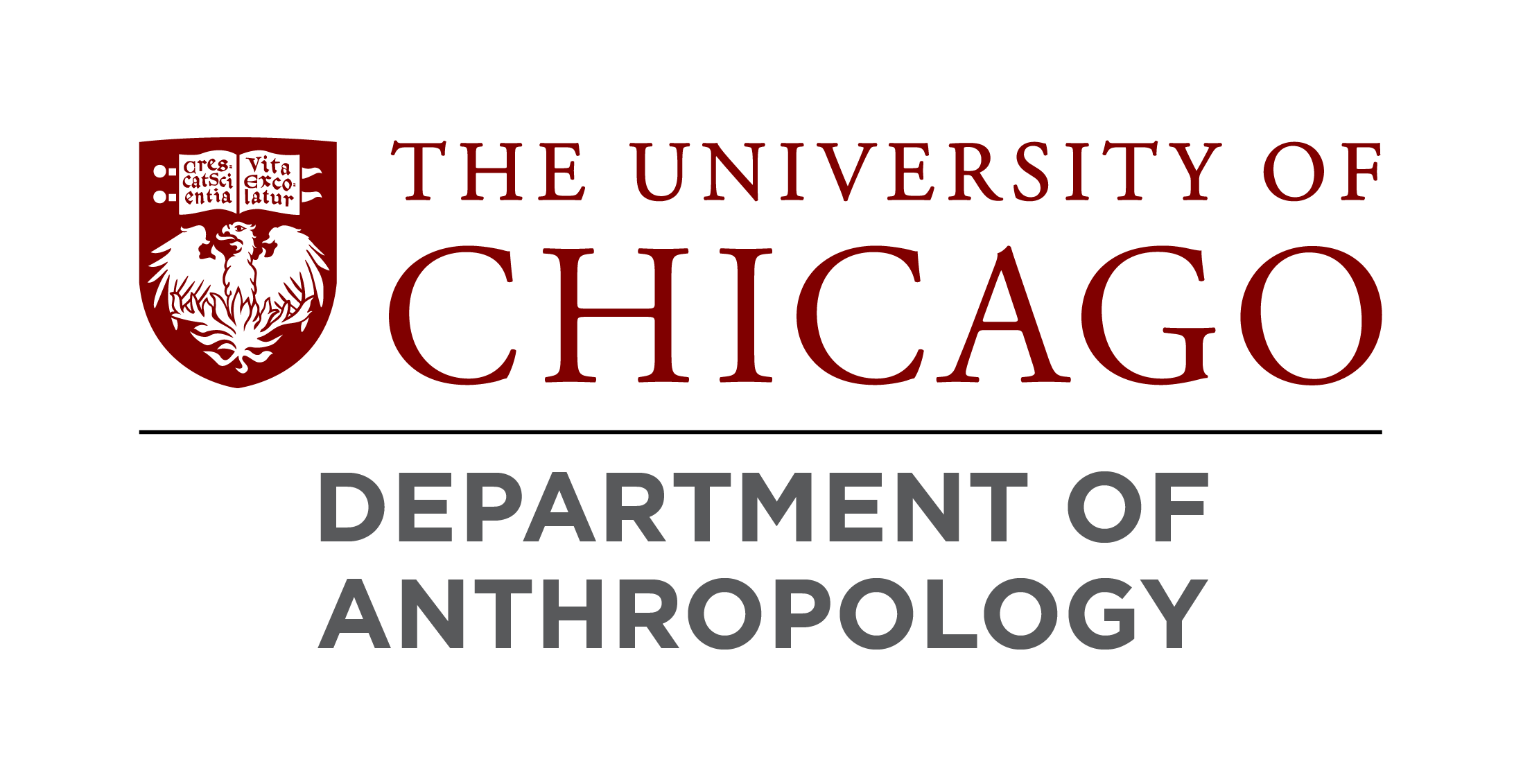Major
The BA program in anthropology consists of twelve (12) courses, of which at least ten (10) are typically chosen from those listed or cross-listed as Department of Anthropology courses. The requirements for the major are:
- ANTH 21107 Anthropological Theory (100)
- One Methods course * (100)
- ANTH 21420 Ethnographic Methods
- ANTH 28400 Bioarchaeology and Forensic Anthropology: Approaches to the Past
- ANTH 29500 Archaeology Laboratory Practicum or an approved alternative in archaeological, linguistic, or biological anthropology
- One 200-level Anthropology course taken with a regular faculty member of the department (see faculty page) OR Introduction to Anthropology (100).
- Seven electives in Anthropology‡ (700)
- Two electives in Anthropology or approved related disciplines‡ (200)
- Total Units (1200)
* Students may also seek approval for a relevant methods course in archaeological, linguistic, or biological anthropology
Students interested in the Anthropology major should endeavor to complete the three required courses (ANTH 21107 Anthropological Theory, Methods, and one 200-level course taught by a regular faculty member of the department or ANTH 10100 Introduction to Anthropology) by the end of their third year.
Course petitions should be submitted to the department’s Student Affairs Administrator with one’s Academic Advisor cc’d.” Once the petitions have been reviewed and no corrections are needed, the request will be submitted to the Director of Undergraduate Studies (DUS) for consideration.
Possible Tracks within the major*
- Archaeology
- Linguistic Anthropology
- Economic Anthropology
- Human Rights, Ethics, and Religion
- Medical Anthropology
- Political Anthropology
- Science and Technology Studies
*These tracks are entirely voluntary, without required coursework, but represent department strengths and common areas of student interest.
Double Majors that work well with the training provided by Anthropology and strengths of the department:
- History
- Comparative Race and Ethnic Studies
- Environmental and Urban Studies
- Gender and Sexuality Studies
- Global Studies
- Linguistics
- Public Policy
- Various area studies majors (Latin American Studies, East Asian Studies, Middle Eastern Studies, etc.)
Faculty Mentorship Program
- Each student is assigned an Academic Advisor in The College who can assist with basic course planning.
- Students who would like to also have an Anthropology faculty mentor in the department can either contact that individual directly, or ask the Director of Undergraduate Studies (DUS) to assign one.
- Each year, the department will also have one or more Instructional Professors (formerlycalled “BA Perceptors”) who through coursework and advising will guide those students completing a BA honors thesis.
Students are urged to complete the general education requirement in the social sciences before taking more advanced courses in sociocultural anthropology. Self, Culture, and Society I-II-III and Power, Identity, and Resistance I-II-III are particularly recommended.
Several sequences that satisfy the general education requirement in civilization studies typically feature anthropological approaches and content. These courses are cross-listed with Anthropology and may be used toward the major if they are not used toward the general education requirement: ANTH 20701-20702 Introduction to African Civilization I-II, ANTH 24101-24102 Introduction to the Civilizations of South Asia I-II, ANTH 23101-23102-23103, Introduction to Latin American Civilization I-II-III, and ANTH 24001-24002-24003 Colonizations I-II-III.
Students attending field schools or taking courses offered by other universities can solicit approval to obtain course credit (up to the two-course limit for nondepartmental courses). Credit from other institutions would first need to be approved by the College and then by the Director of Undergraduate Studies, if intended to count toward the major.
To seek approval of non-departmental courses, submit a completed Course Petition Form and syllabus for the course(s) to the Director of Undergraduate Studies. This petition should ideally be submitted before the end of the second week of the quarter in which the student is enrolled in the course.
Courses counted toward the major must be taken for quality grades (no P/F grading). Students who are planning to declare a Major in Anthropology must complete the Consent to Declare a Major Program form (form forthcoming).
A maximum of two reading and research courses (chosen from ANTH 29700 Readings in Anthropology, ANTH 29900 Preparation of Bachelor’s Essay, ANTH 29910 Bachelor’s Essay Seminar, and BA classes from other departments) can be used toward the Anthropology major.
 THE UNIVERSITY OF CHICAGO
THE UNIVERSITY OF CHICAGO

